
What most people probably don’t think of when they encounter the name “Baal” is the God of Israel. You might be surprised to discover that this name is not only directly attributed to God—it is one that God will refer to Himself by, as we shall see momentarily.

Each year, as we approach Passover and Easter, we start receiving questions about whether “The Last Supper” was a Passover Seder. Many Christians are surprised to learn that interpretations and theories vary widely about the nature of the meal Jesus shared with his disciples the night before His death.
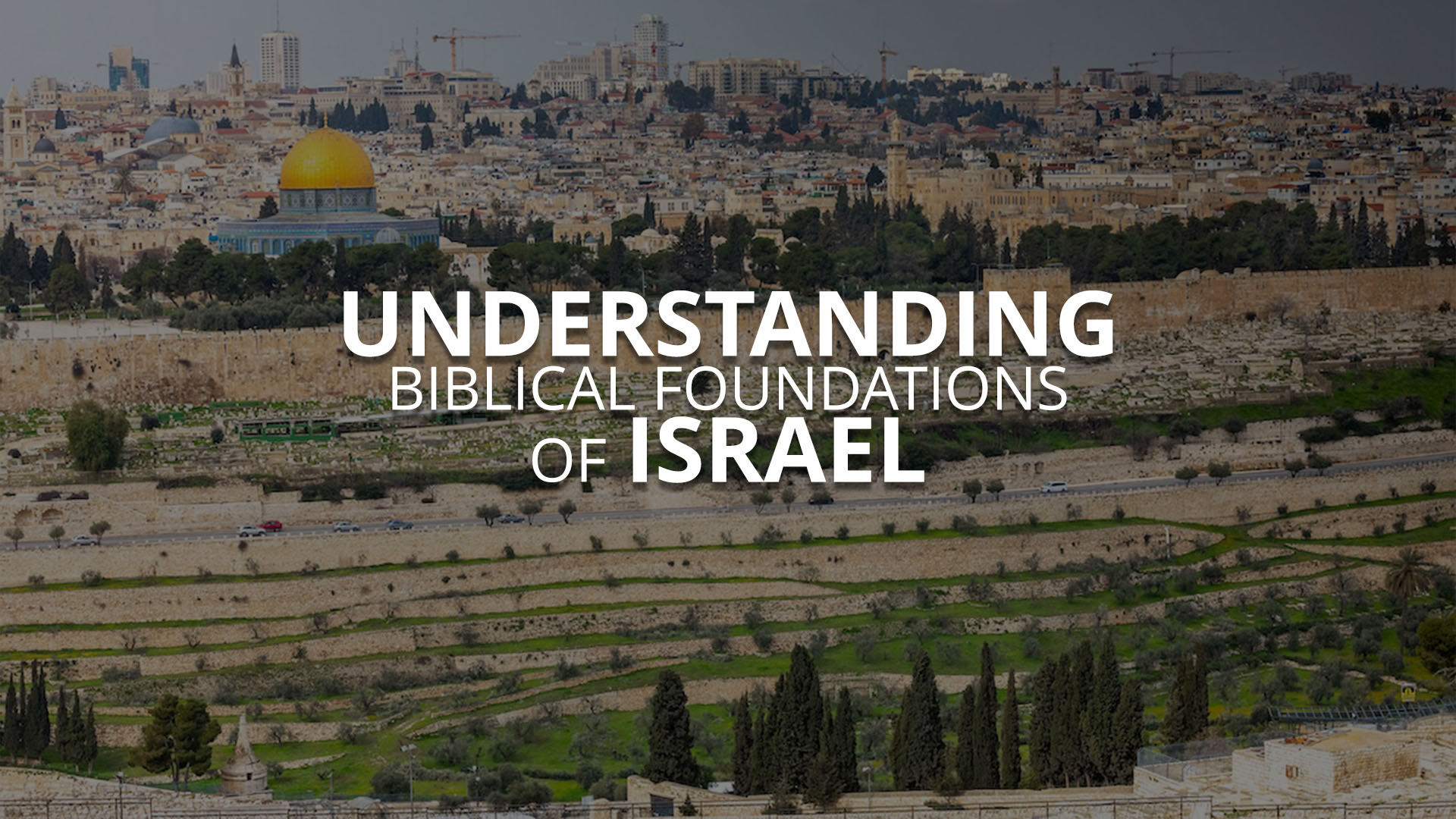
Since the Hamas massacre of October 7th, Hamas, the Palestinian Authority, and their sympathizers have peddled a particular refrain: “History didn’t start on October 7th—this act comes after 75 years of struggle.” Setting the inane, false moral equivalence of the statement aside, it does contain a partial truth. People are correct to say that history did start on October 7th, 2023, but just as importantly, it didn’t begin on May 14th, 1948, either. If we want to think biblically about this issue, we must make the claim that, technically, history started “In the beginning” when God began His creation.
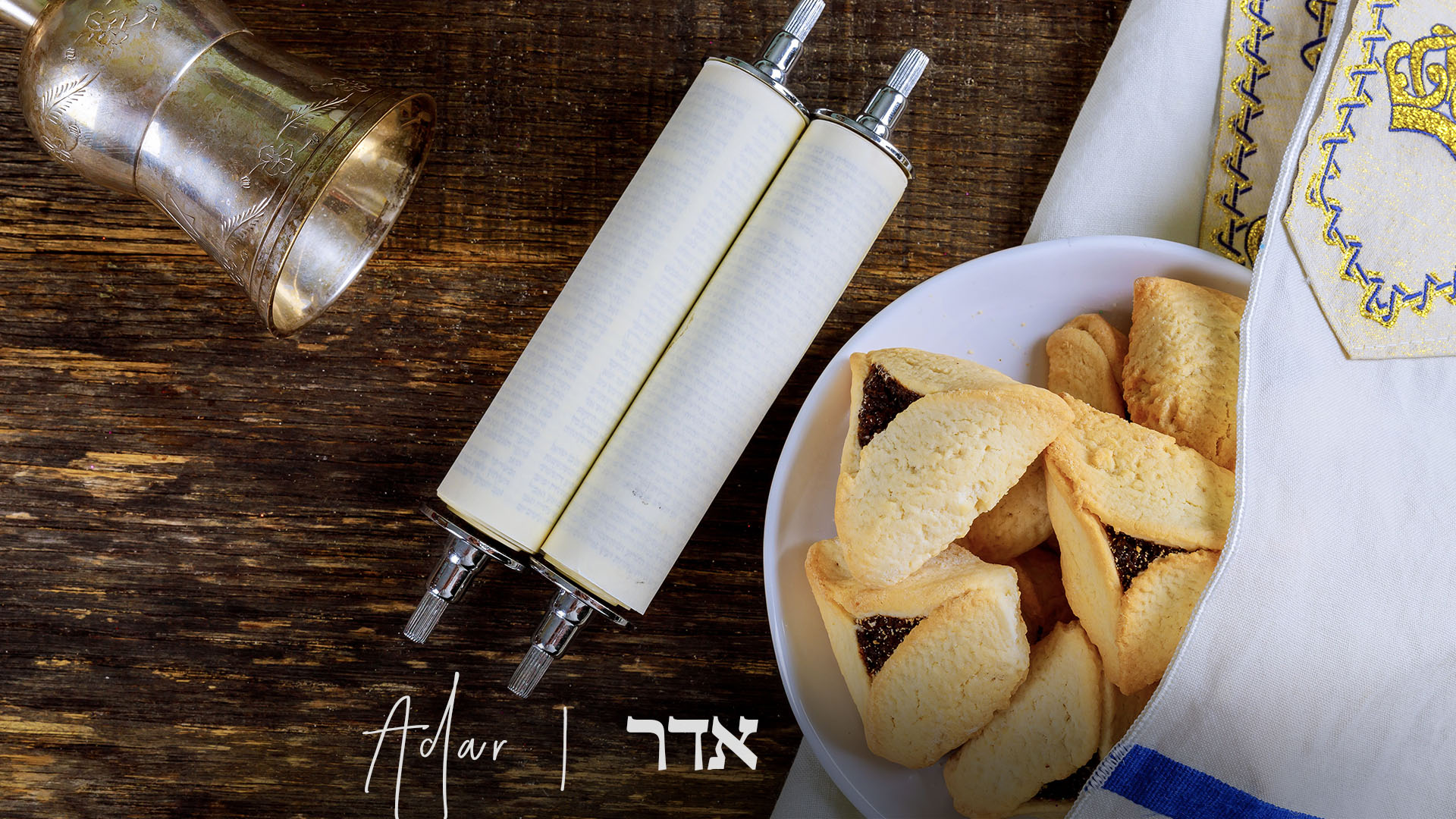
There are many joyous dates on the Jewish calendar, but besides Purim, none affect an entire month, causing it to be auspicious and joyous. Purim is the celebration of Israel’s rescue from the Persian leader Haman’s genocidal plot (as recorded in the Book of Esther). The Rabbis teach that Purim is like Yom Kippur (the “Day of Atonement”). While on Yom Kippur we achieve holiness through the mortification of the flesh and long hours of prayer, we realize that same level of holiness on Purim through feasting, celebration, and joy.

According to Tradition, the first of Shevat is when Moses began giving his final address to Israel. “Across the Jordan in the land of Moab, Moses began to explain this Torah saying, ‘Adonai our God spoke to us at Horeb saying: ‘You have stayed long enough at this mountain’” (Deuteronomy 1:5-6). For the entire month of Shevat, he would sit in the meeting tent and elucidate the Torah.
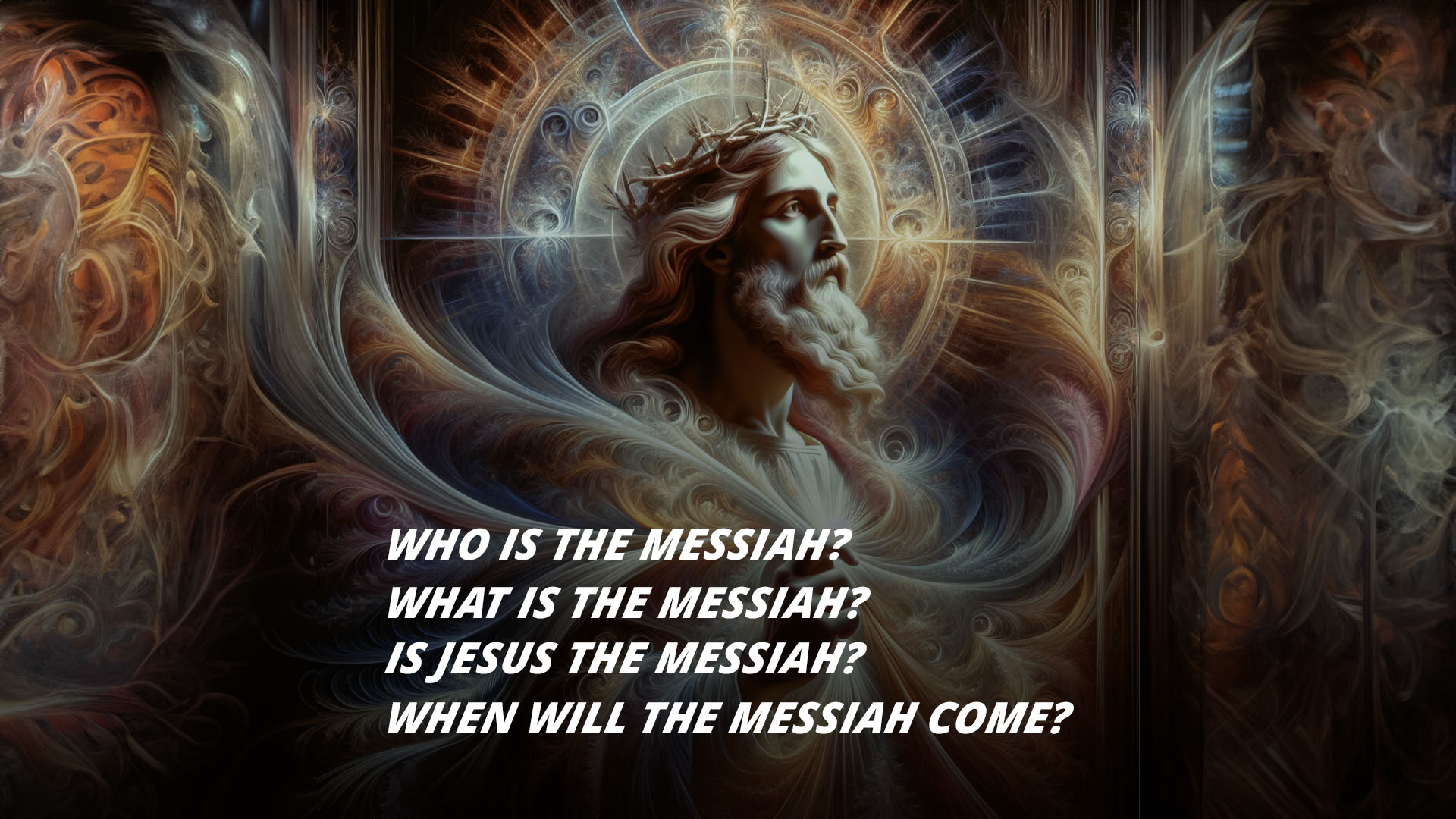
Amidst the narratives of history and the papyrus of prophecy, a singular thread weaves through the tapestry of biblical literature: the concept of a Messiah. This notion, richly veiled in expectation and divine mystery, has captivated the hearts of the faithful and stirred the minds of scholars. The title “Messiah,” derived from the Hebrew word “mashiach,” meaning “anointed,” was an honor bestowed upon kings and priests—a symbol of one chosen by God to lead with divine authority.

2 Kings 25 tells us Nebuchadnezzar began Babylon’s siege of Jerusalem on the 10th day of Tevet (a fast day known as Asarah B’Tevet). Ironically, the Jewish people adopted the name “Tevet” during the Babylonian exile. It is believed to connote “sinking” or “immersing.”

In light of the events of October 7th, the term “Palestine” has featured prominently in news headlines and personal conversations. There is a lot of passion surrounding this subject, so let’s take a closer look at “Palestine” and what it represents.
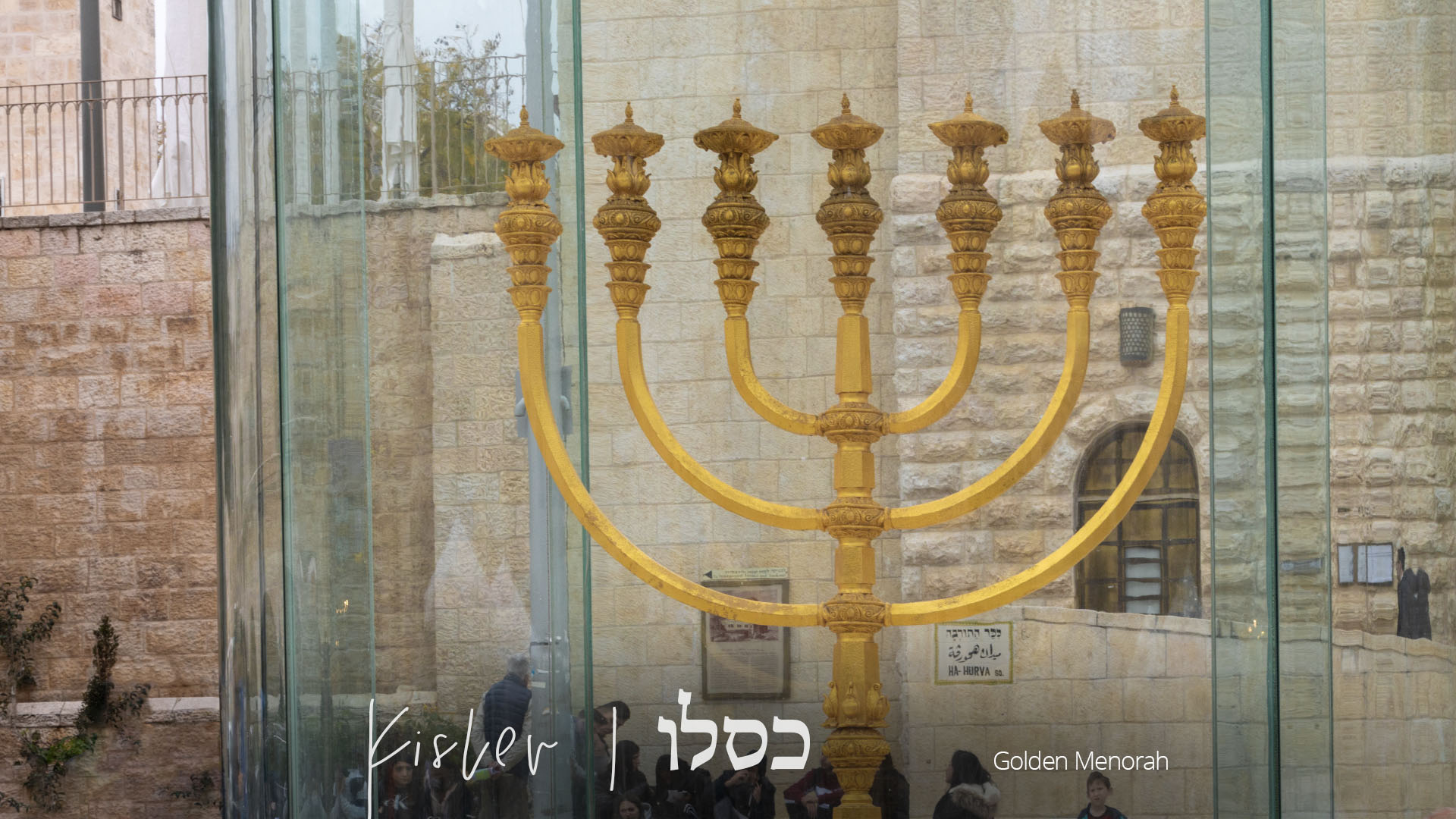
Kislev is often playfully re-written as Kis-Lev (Purse of the Heart). Kislev is a time to examine what is in our hearts. It’s also time to fill them with reminders of the goodness of God. These concepts are most evident during the holiday that falls during this month: Chanukah, the Festival of Lights.
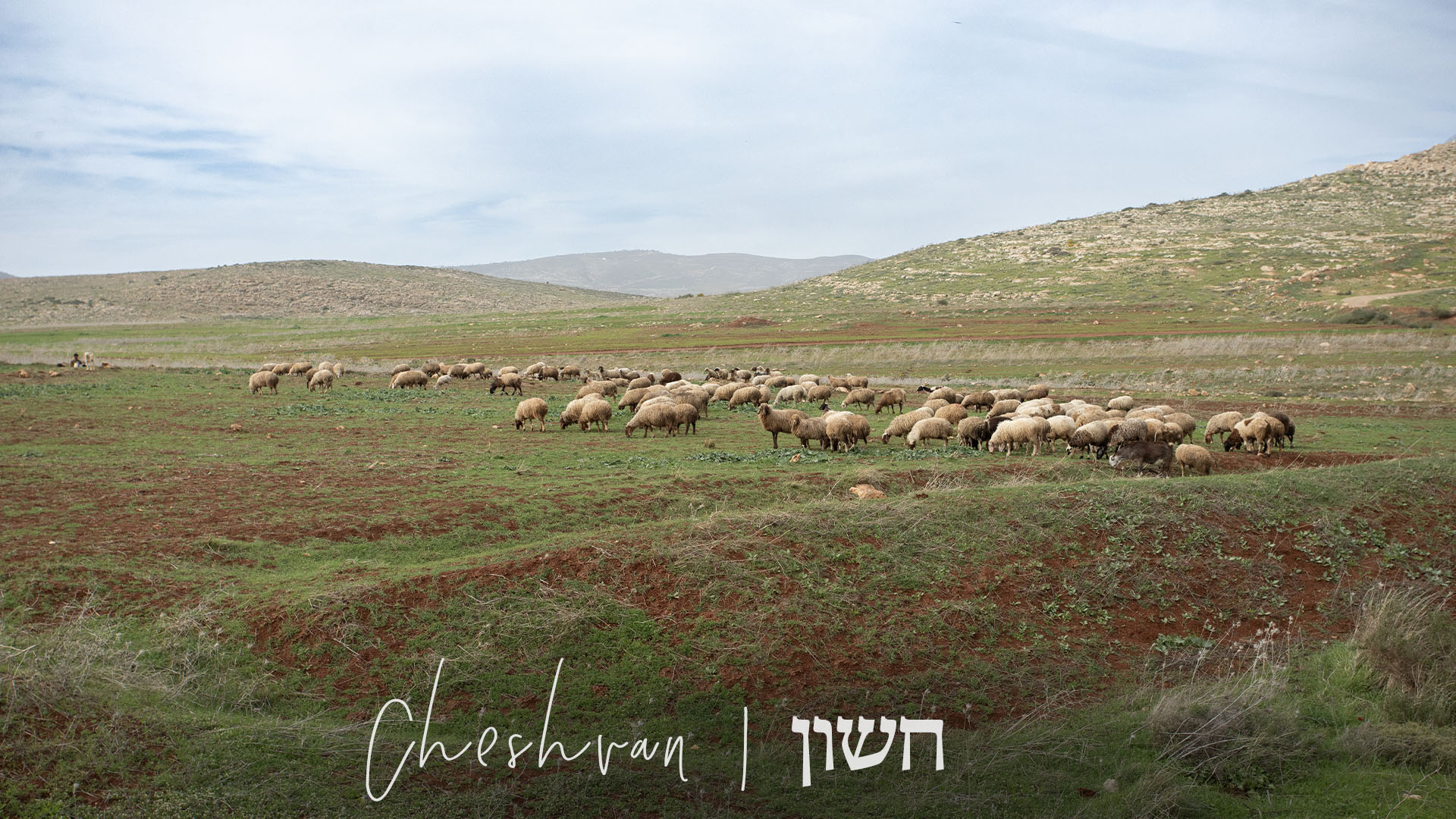
Cheshvan is a month of no holidays and arrives on the heels of the month with the most holidays. In Jewish tradition, this is a solemn time of reflection in case one was excessively frivolous during the holiday season. Therefore, the first Monday, Thursday, and the second Monday after the Sabbath are commonly days of fasting from sunrise to sunset.










